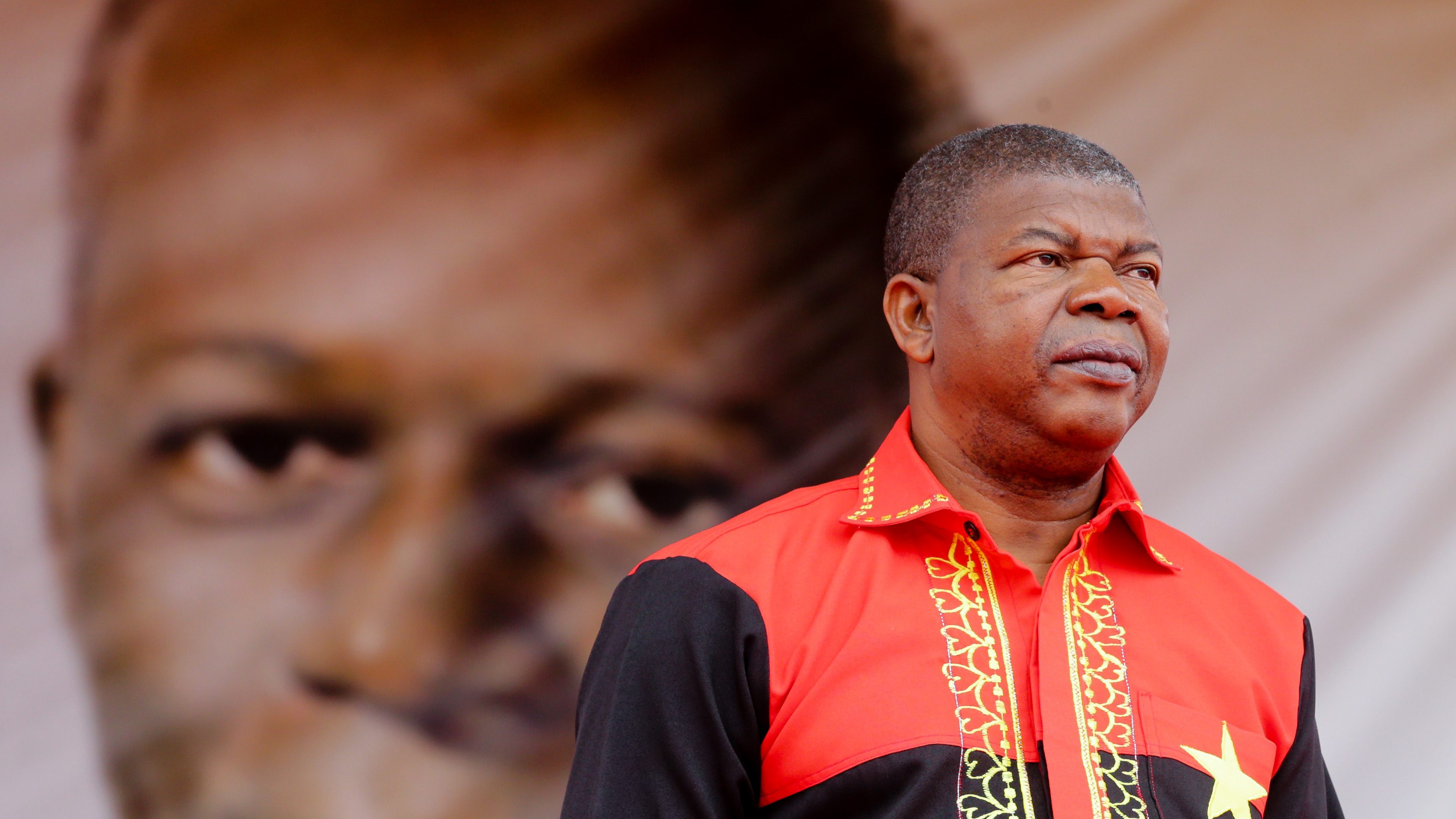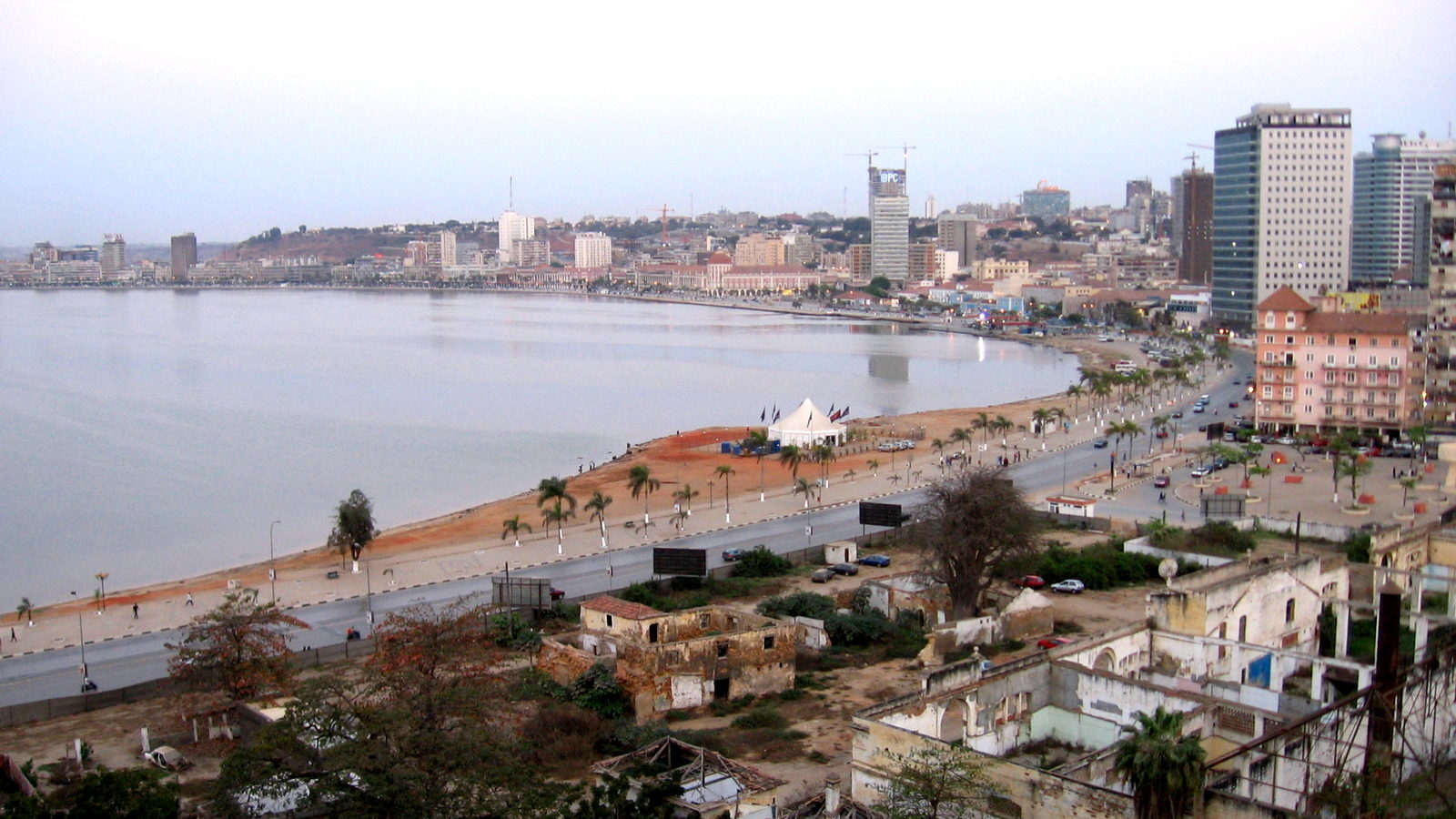‘Frankness, transparency’ important in relations between Portugal and Angola
Portugal’s prime minister, António Costa, has said that the state visit this week of Angola’s president, João Lourenço, marks the end of "a cycle of the standardisation of relations".
The visit by João Lourenço, which begins on Thursday and runs until Saturday, “re-establishes the normality of a relationship that is very fruitful for both sides and that must continue and that it is desirable to continue to deepen,” the prime minister told Lusa in an interview, pointedly quoting Lourenço on the matter. The Prime Minister of Portugal, António Costa, acknowledged that ongoing issues with debts owed to Portuguese businesses were “complex”.
He also noted that there could be a possible negative impact on some companies if Angola’s state energy concern, Sonangol, moves to sell off its stakes in them.
As for the issue of outstanding debts, Costa acknowledged that this was “obviously a complex, very often slow process, but which has been going on”, and that it was important that “frankness and transparency be maintained” between the two sides. For Portugal, the process is being “piloted” by its embassy in Angola.
“Many companies have already seen their situation regularised, others partially regularised, others await regularisation and others still await the certification and recognition of the debts that they claim,” Costa said, adding that this is an ongoing process and “fortunately, has good signs so far.”
For the prime minister, the important thing for the Portuguese state is that it has been assured by the Angolan authorities that, “firstly, Angola would recognise the existence of situations of debt owed to Portuguese companies and that there would be a transparent process with the participation of Portuguese companies to determine the amount of these debts and their certification.”
He praised as “very important” the “very frank” way that Angola’s finance minister outlined the question “of how there was a set of debt demands that were not officially registered in the accounts of the debtor entities and so it was necessary to certify their existence and what the difficulties were regarding payment and [to] calculate these amounts in foreign exchange.”
According to Costa, “this was essential to re-establish the trust of Portuguese companies in order for them to be able to invest in Angola”.
Asked about the announcement made by Lourenço that Angolan energy group Sonangol would bow out of the share capital of Portuguese companies, the prime minister acknowledged that this decision “will necessarily have impacts on companies where Sonangol has a stake” but said that it was “not for me to pronounce on Sonangol’s investment decisions.” There would, he concluded, “surely be other shareholders to take the position that may be freed up by Sonangol.”
LUSA


